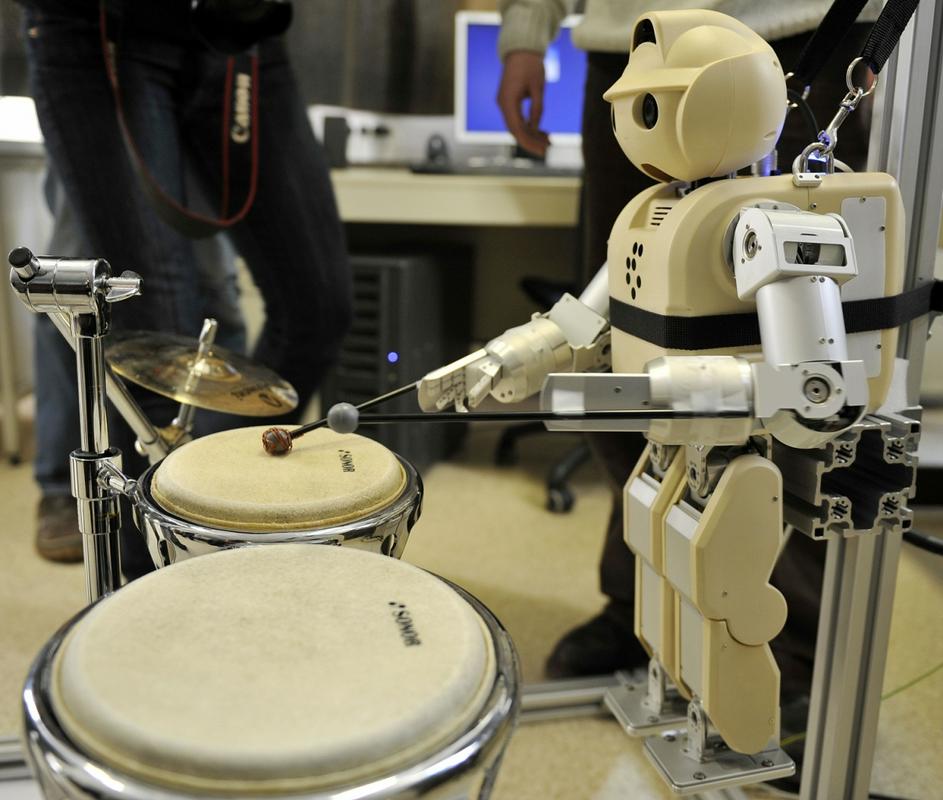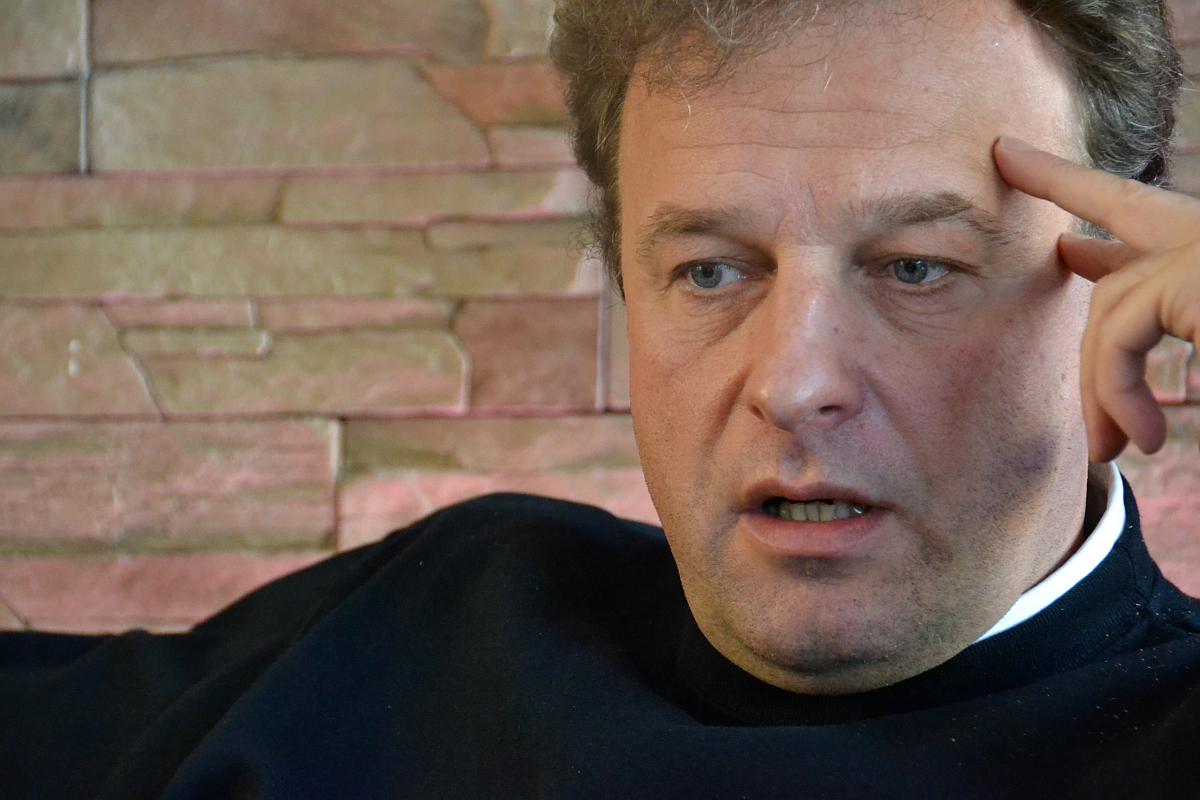One important function of his ambassadorship is promoting Slovenia’s positive features and the areas in which we excel. He thinks we have a lot to be proud of. He sees a great deal of positive developments, people, trends and happenings which most Slovenians don’t even know about. We have a good education system, our companies are competitive, and we are good in science, but we are lacking in the commercial aspect. We are not very skilled at selling, but we know how to make things, which makes us very competitive on a global level.

The new ambassador is a scientist who specialises in artificial intelligence. He works with tech giants and has a great deal of international experience. He works at the Jožef Stefan Institute, as head of the Artificial Intelligence Laboratory, and among others collaborates closely with Stanford University and University College London. His solutions are used by several well-known companies around the world, including Microsoft and British Telecom. Grobelnik has also founded two companies, Cycorp Europe and Quintelligence, which are involved in artificial intelligence research and development.
The role of the digital ambassador is fairly broad, since it also includes working with European politicians, networking with the business sector, science and education, and setting up instruments that are designed to raise awareness that digital technology is a part of our lives. According to the new ambassador, the digital transformation process has been under way for 30 years and now is part of our everyday lives. Grobelnik says that digital technology is not something to be afraid of, since it creates a wealth of opportunities for a better life. It is simply a tool for making our lives easier.
Digital Slovenia
One important function of his ambassadorship is promoting Slovenia’s positive features and the areas in which we excel. He thinks we have a lot to be proud of. He sees a great deal of positive developments, people, trends and happenings which most Slovenians don’t even know about. We have a good education system, our companies are competitive, and we are good in science, but we are lacking in the commercial aspect. We are not very skilled at selling, but we know how to make things, which makes us very competitive on a global level. Slovenia ranks at the very top of European Union countries in terms of number of researchers per capita working on EU projects. We are also ranked high in terms of use of mobile technology and the internet. We are quite good in innovative technologies, which often come from small groups of people. The startup culture is also developing nicely. There are a lot of Slovenians who push the envelope and drive development forward, and who are very progressive, says Grobelnik, who hopes to use his position to channel positive opinions and form connections among people.
He says that he is already holding discussions with various stakeholders in the field of digital technology in Slovenia. He also took part in a government delegation tour of Silicon Valley, and will meet with the digital ambassadors of other European countries.
As ambassador, Grobelnik would like to promote e-inclusion for all, even those who avoid digital technology for various reasons, usually because of a lack of knowledge or access, or due to fear cultural isolation, lifestyle factors, etc. He wants to teach each of these groups in a different way, using a small-steps approach.
The intelligence of the present and future, a.k.a. AI
Since the dawn of the computer age, scientists and philosophers have debated whether it is possible to create a system that will act intelligently. Artificial intelligence has become very popular in the last few years, and is showing up with increasing frequency in numerous cutting-edge solutions within the tech industry. Today, computers are good at speech recognition. They are more powerful, they can handle huge amounts of data, and almost everyone uses smartphones, which are as powerful as the fastest computers in the world from the mid-1980s. Speech recognition, image recognition, and all of the sensors which allow us to observe our living and working environments, all fall under the category of artificial intelligence, says Grobelnik, who adds that artificial intelligence is at work behind every single Google search – when we type a keyword and click “search”, a lot of what we call artificial intelligence goes on in the background.
Slovenia is way ahead in terms of the number of AI researchers per capita, as we have been working in this field since the late 1970s. Grobelnik says that around 150 people work in AI in Slovenia, and notes that this is a very broad field, which includes everything from linguistic analysis to deductive logic, learning, statistics, and so on.
As Slovenia’s national digital ambassador, Marko Grobelnik says that the advances in technology, communication and transport that have changed the structure of labour in the past 15 or 20 years are nothing new, as this also happened during the industrial revolution. He also says that innovation always has the potential to provide new opportunities.
Danila Golob, Sinfo
One important function of his ambassadorship is promoting Slovenia’s positive features and the areas in which we excel. He thinks we have a lot to be proud of. He sees a great deal of positive developments, people, trends and happenings which most Slovenians don’t even know about. We have a good education system, our companies are competitive, and we are good in science, but we are lacking in the commercial aspect. We are not very skilled at selling, but we know how to make things, which makes us very competitive on a global level.



































































